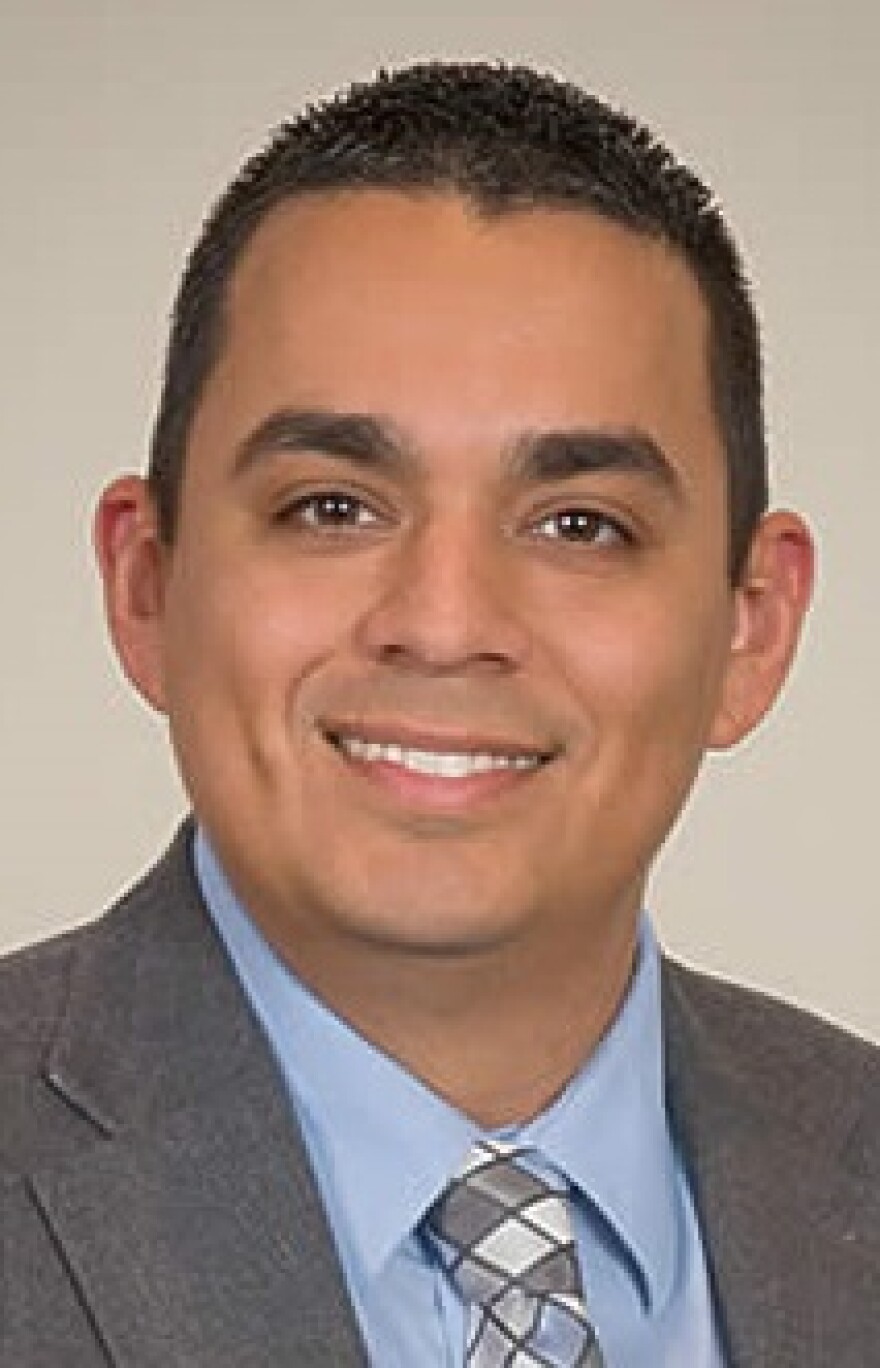Dixon is a city of around 16,000 people in Lee County. It’s best known as the boyhood home of U.S. President Ronald Reagan, and also hosts IDOT’s Region 2 headquarters.
However, for a city of its size, NIU economics scholar Brian Richard says Dixon’s seen major growth in the manufacturing sector.
“Lee County, Dixon, manufacturing employment is growing over the last five years 37%, 30-40%, whereas statewide it’s closer to five percent."
This is based on economic date compiled from 2010-2014.
For a long time, Dixon’s largest employer was Reynolds Wire. It manufactured both drawn wire and mesh screens, and became part of National-Standard in 1951. However, the business closed down in 1962 after National-Standard moved operations to Corbin, Kentucky.

John Thompson, President and CEO of the Dixon Area Chamber of Commerce and Industry, says this withdrawal pushed the city to diversify its economy.
“We’ve got food processing, and automotive, and chemical, and so forth," he explains. "All of these types of industries were looked at as a buffer.”
Since then, Dixon has sold out all the land at its third industrial park. Thompson believes the state enterprise zone is a key factor in recent growth.
“We’ve had an enterprise zone for nearly 30 years," he says. "It’s been very successful as an incentive tool for both retention of business and recruitment of new business.”
The zone extends through Lee and Ogle Counties, providing a variety of financial benefits. One example is a 50% abatement on property taxes for six years.
“The benefit to that, in my view," Thompson says, "is that the taxing districts get new revenue, based on the newly created EAV. The business or investor gets a tax break, and by that I mean they get to keep part of the money.”
EAV is short for Equalized Assessed Value, which ties into property tax levies.
Larger companies make use of other benefits, such as tax exemptions on building materials or a waiver of the state's 5% fee on commercial natural gas use.
“That may or may not mean a lot of money to a small business, but when you get into something that uses a huge amount of processed gas in their manufacturing process, or for instance, an ethanol plant, it’s a lot of money up front,” says Thompson.

Dixon Mayor Liandro Arellano Jr. says income from the enterprise zone also makes city budgeting more flexible.
“Maybe when another city might have to raise its property tax revenues, which hurts your businesses, hurts your residents, we can push that a little bit further, a little bit longer. We don’t have to do it quite as hard.”
But financial incentives are only part of the picture. The mayor says it’s also important to reinvest in Dixon itself.
“Companies and businesses like to go where there’s already a big scene happening. They like to be in on the action. The city as a whole, and specifically the downtown, began to build this reputation as a good place to be.”
Aging residents have contributed to a decline in local employment. However, improvements to downtown and the riverfront have encouraged some former residents to settle down. This includes Mayor Arellano, who returned to Dixon after eight years in college and the military.
“There’s cultural events, there’s different kinds of ethnic restaurants, there’s all these things that weren’t there when I was growing up because of all the progress we’ve had.”
However, 75% of local jobs are held by nonresidents (up from 72% in 2010). Dr. Richard says that, in recent years, more people are commuting from the suburbs via Interstate 88.

“Cook, Kane, DuPage County, have increase in recent years. People are driving farther for the jobs in Dixon and Lee County.”
These commuters may eventually become residents themselves.
“They’ll start looking to move closer, if not in Dixon, but certainly closer, to cut down on that commute time," Richard explains. "I think it’s a good indicator of future population growth as well.”
Dixon’s public-sector employment has declined in recent years, and the city’s second-largest industry, health care, remains stable. But Dr.Richard says successes in the manufacturing sector are quite sustainable, as long as the overall economy continues to grow.
“We’re seeing an uptick in employment statewide as well in more recent years. Hopefully that leads to higher tax revenues and, if the politics gets sorted out, hopefully, we’ll see some growth.”



